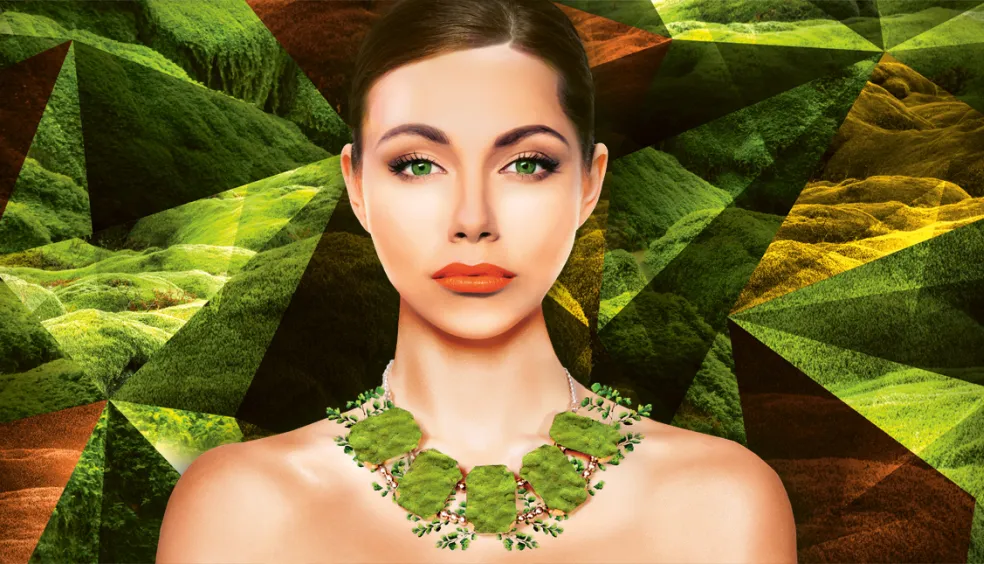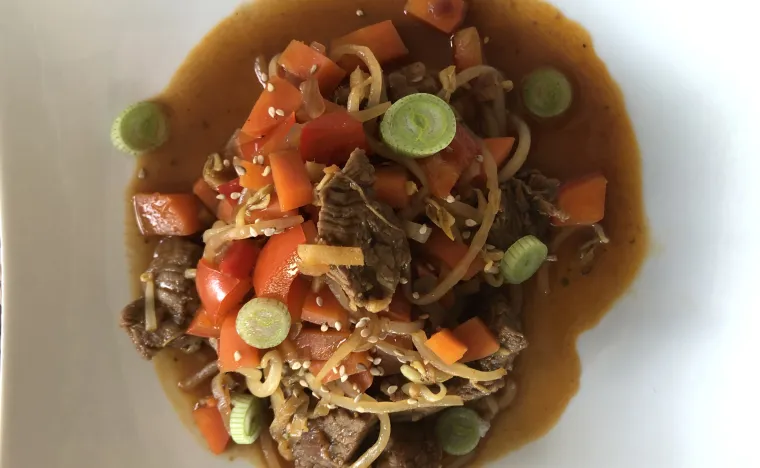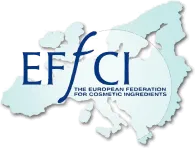Biotech Beauty: How lab-grown ingredients might change the future of skincare
Scarce resources and advancements in technology raise the question whether lab-grown ingredients can be the future of sustainable skincare.
It may sound like some kind of sci-fi script, but we are living in a time where the term "lab-grown" becomes more and more common. You may have heard of lab-grown meat, lab-grown diamonds, and there is even lab-grown coffee out there now.
This trend does not stop at the cosmetics industry: cosmetic active ingredients from the laboratory are also gaining in importance. The idea behind this is that by growing ingredients biotechnologically, we can avoid depleting natural resources without compromising on efficacy.
So could natural ingredients that are biotechnologically grown in the lab be the future of sustainable skincare?
Our CEO Cornelia Schürch is sharing here insights on this interesting topic in a short Q&A.
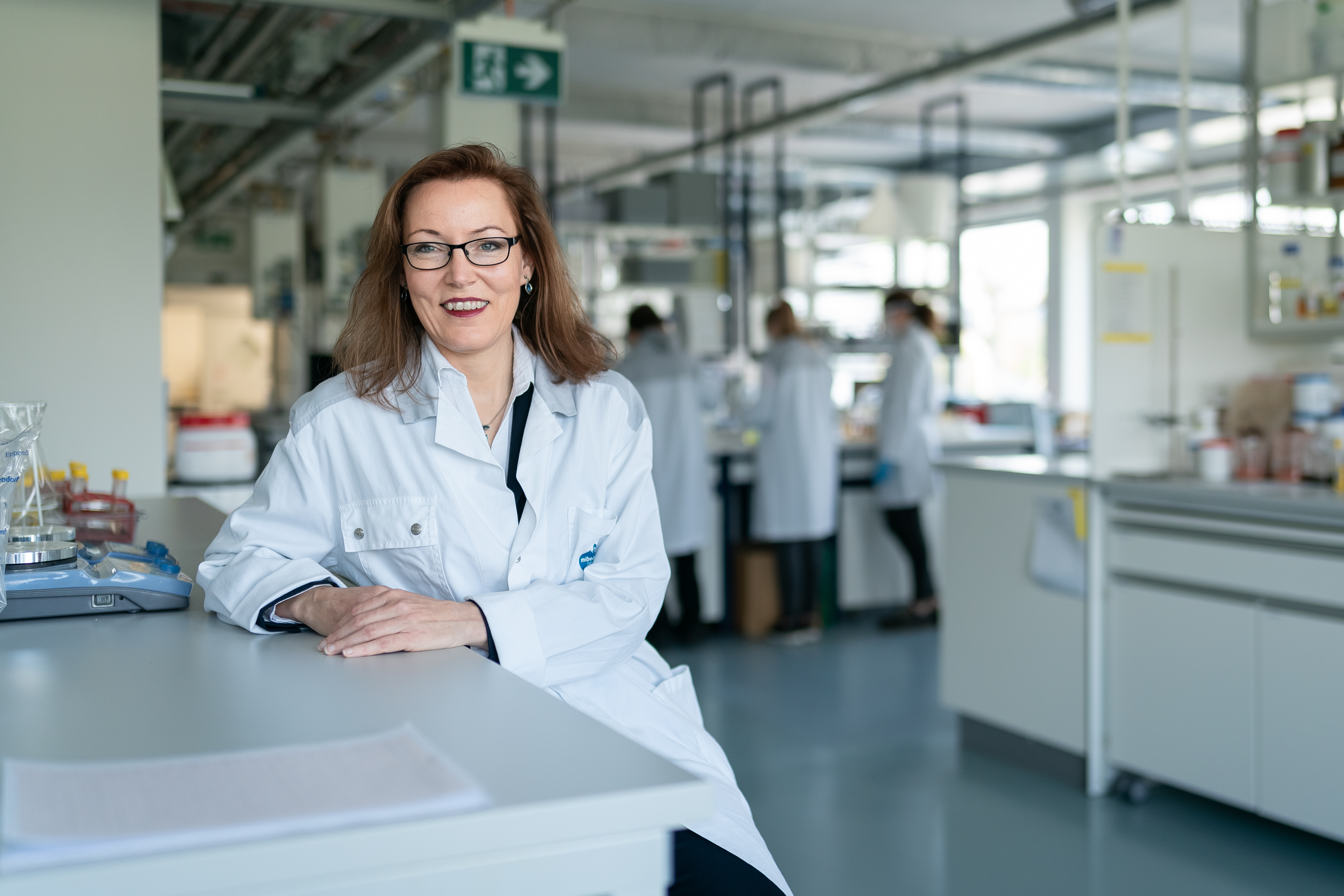
Cornelia: "I think the definition found in Wikipedia is quite stringent: ‘At its simplest, biotechnology is any technology based on biology - biotechnology harnesses cellular and biomolecular processes to develop technologies and products that help improve our lives and the health of our planet.’ In other words: Natures rich treasure is used as blueprint to develop new ways of producing molecules using plant, microbiological or cellular based raw materials. With the help of biotechnology we can simulate or mimic natural processes in a fully controlled manner. In this context also fermentation is regarded as biotechnology."
"The beauty industry is always searching for new plants to exploit their potential to counteract aging. Many of these plants are endangered, grow very slowly, are not accessible or are just too precious to be used in a cosmetic product. With the help of biotechnology, one could either produce single molecules out of these plants, using microorganisms as ‘smallest production facility’ (fermentation) or a plant cell culture or tissue culture could be established from the plant. In both cases, the plant material is actually just used once to establish the plant culture or the fermentation. Afterwards, the biotechnology process is running continuously without the need of any more fresh plant material. In a summary: biotechnology enables the beauty industry to use scarce or hardly available plants in their cosmetic products."
"Latest mega trends focus on sustainability, back to nature, full traceability and environmental protection. Using biotechnology to produce molecules or plant material is ticking a lot of these boxes.
For example, as the biotechnology process is running fully controlled there is no need to use toxic substances, detrimental to the environment, such as herbicides, insecticides or pesticides.
Because a field plant material is only used one time to establish the process, sustainable growth in nature is still guaranteed for this plant. There is no need to pick or pluck the plant on a regular basis in huge volumes and the plant is therefore not removed from the ecosystem and ensures biodiversity.
No cultured fields have to be farmed and therefore more soil is available to produce food or feed stock. Not to forget a biotechnology process is requiring much less water as a plant culture in the field. For example a plant cell culture is using only 10% of the water compared to a conventional farmed plant material.
Last but not least, the biotechnology process is running continuously and is completely independent from season or weather conditions."
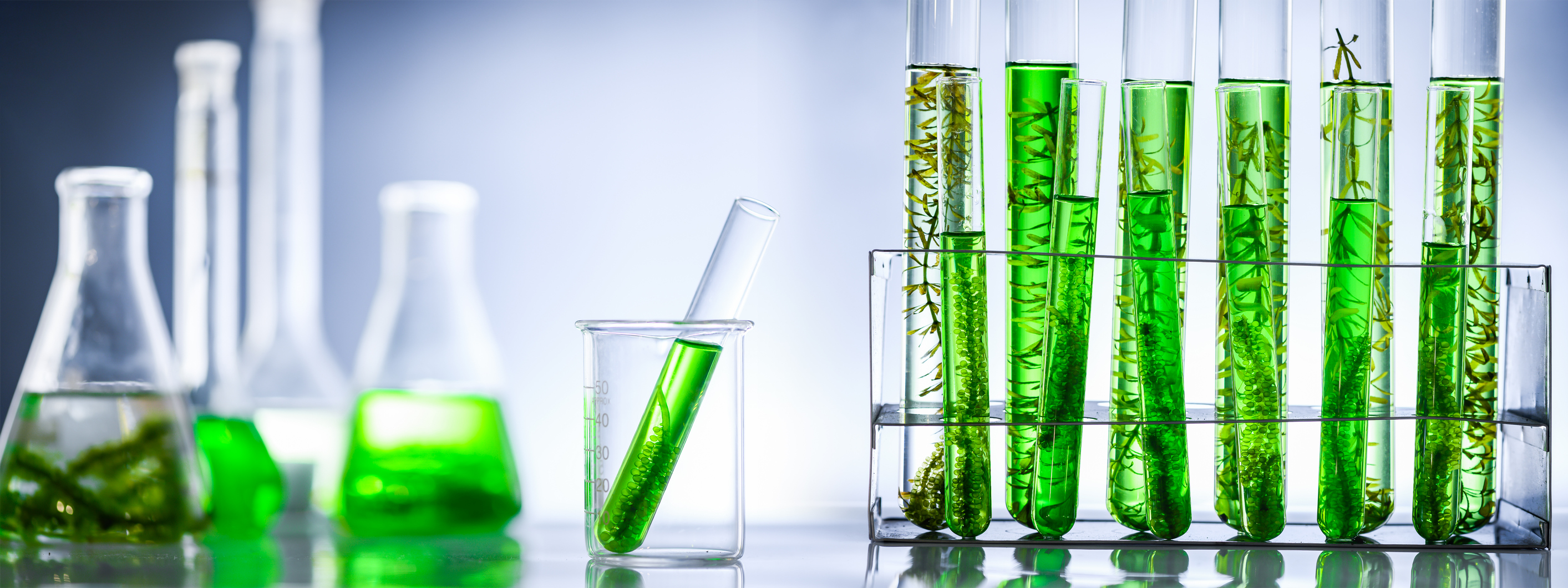
We in Mibelle Biochemistry are passionate about nature. We love to look into the plant and microorganisms world to find out how they react on their environment and protect themselves. We learn from it and try to translate these concepts into cosmetic applicable ingredients. This is where our moto ‘inspired by nature – realized by science’ derives from and is striving us.
In our portfolio we have a huge variety of products manufactured using all kind of different biotechnologies, may it be fermentation, plant cell cultures, moss tissue cultures or even hairy root cultures for a sustainable and nature based step into the future.

